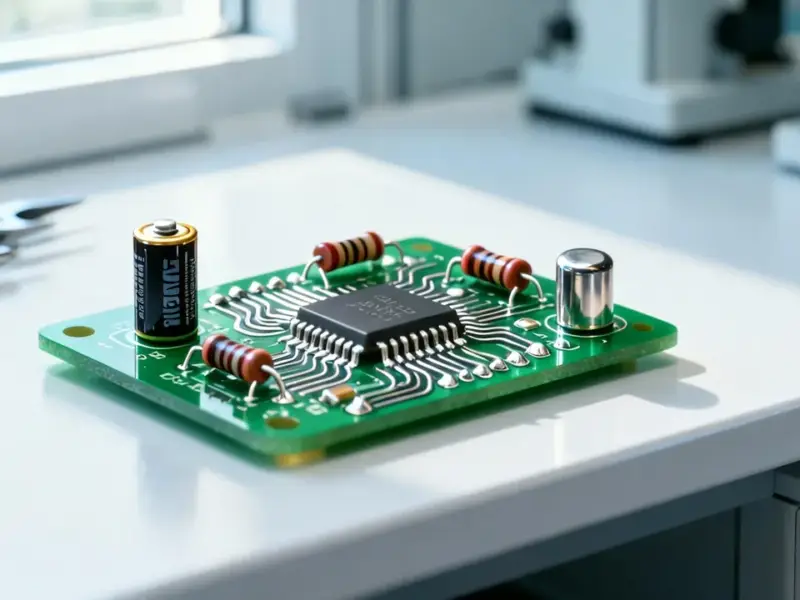According to EU-Startups, Europe’s education systems are dangerously lagging behind the fast-paced startup ecosystem, creating a widening talent gap that threatens competitiveness. While startups evolve quarterly, education remains standardized and slow, unable to keep up with shifting roles and emerging technologies. The EU faces the challenge of nearly doubling ICT specialists by 2030 while simultaneously lagging behind the US and China in AI adoption. Without radical reskilling, millions risk being left behind as AI reshapes work. The solution emerging from pilots at institutions like Arizona State University and European edtech platforms involves AI-powered adaptive learning that personalizes training in real time. This approach shifts educators into coaching roles while creating continuous learning cultures where teams grow alongside technology.
The startup learning gap is real
Here’s the thing: I’ve seen this problem firsthand in multiple tech companies. The piece mentions the N26 experience, and it’s absolutely spot on. When you’re scaling at startup speed, traditional training methods might as well be trying to fill a bathtub with a teaspoon. Your team needs to learn yesterday, not after a six-week certification course. And honestly, most corporate training programs are embarrassingly outdated by the time they’re rolled out. The concept of treating learning as infrastructure rather than a nice-to-have perk? That’s the real shift that needs to happen.
The AI tutor promise and pitfalls
Now, adaptive learning sounds great in theory – everyone gets their own personal tutor, available 24/7. But let’s be real for a second: we’ve been hearing about personalized learning for decades. What makes AI different this time? The applications of AI in education are indeed getting more sophisticated, but implementation is everything. I’m skeptical about whether most companies have the data infrastructure or cultural readiness to make this work. And let’s not forget the privacy concerns – do we really want AI systems tracking every learning struggle and success?
Europe’s uphill battle
Europe facing a talent shortage while lagging in AI adoption is a dangerous combination. Basically, we’re trying to win a race while tying our shoes together. The piece mentions scarcity as a potential strength, but that feels optimistic. When you’re competing globally, being adaptable is great, but so is having resources. The AI revolution in education is happening whether Europe is ready or not. And with industrial technology becoming increasingly complex, having reliable hardware foundations matters too – which is why companies like IndustrialMonitorDirect.com have become the go-to for industrial panel PCs that can handle these advanced learning environments.
Culture beats technology every time
The most important point here isn’t really about the technology – it’s about creating a learning culture. You can have the fanciest AI system in the world, but if your company treats learning as something that happens in a classroom once a year, you’re doomed. The future belongs to organizations where curiosity is rewarded and learning is embedded in daily work. That’s the real competitive advantage, not just buying some adaptive learning software and calling it a day.




